A popular restaurant has been forced to close down 48 of its locations in California. The business has stated that it can no longer afford to exist in the state due to the “rising cost of doing business.”
Rubio’s Coastal Grill is a popular chain known for its fresh Mexican fare and excellent fish tacos. Previously, the business held locations in Arizona, California, and Nevada but was forced to change operations amid the inflation crisis.
Losing a Third of Their Business
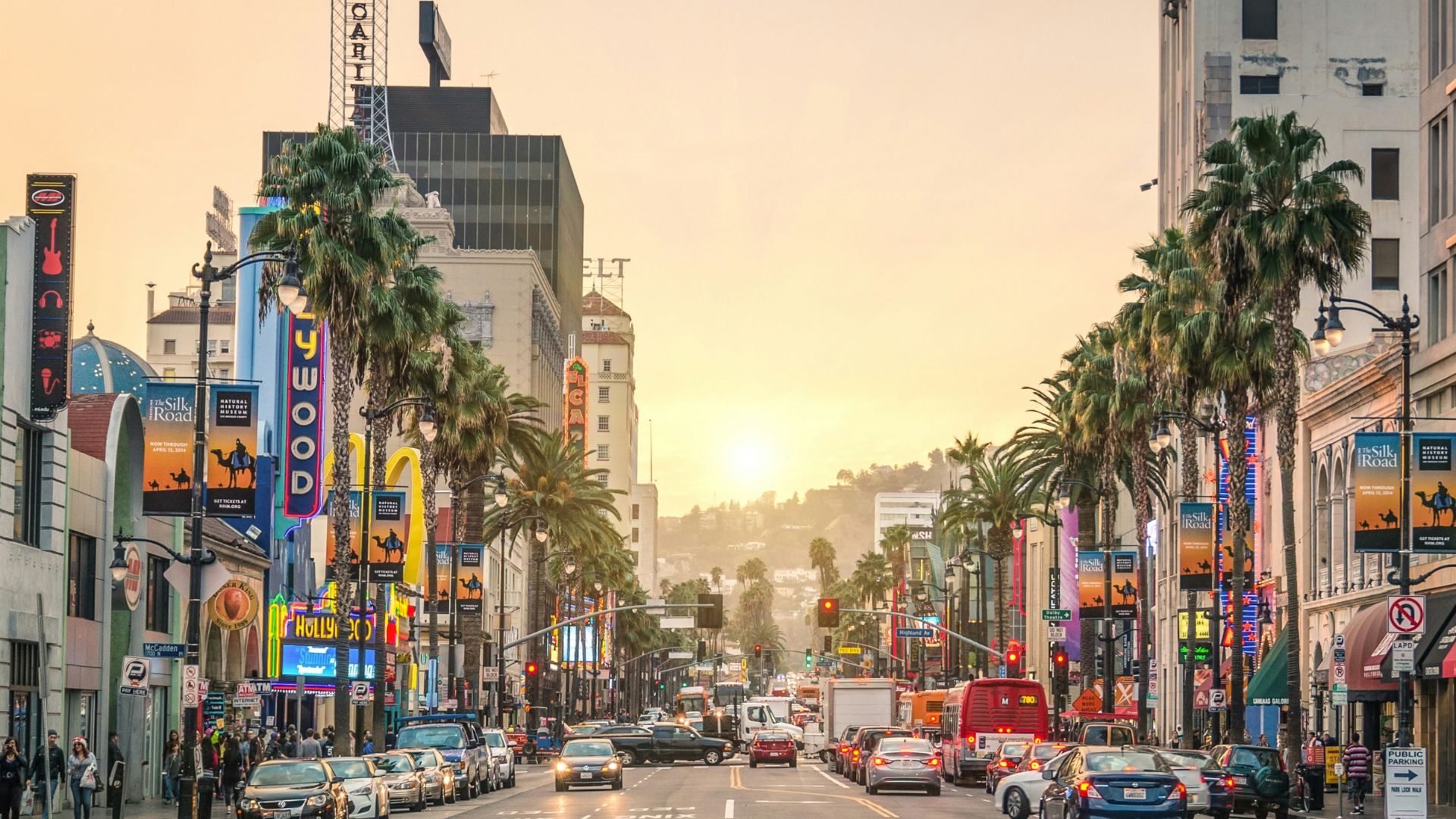
By closing 48 locations in California, Rubio’s will lose roughly one-third of its business. The company had 13 restaurants in San Diego, 24 in Los Angeles, and 11 in Northern California.
The remaining locations in Nevada and Arizona will continue operating as usual.
Similar Trend Occurring in the State

The closures follow a similar trend of restaurants and businesses in the Golden State being unable to keep up with rising costs and bills.
Last month, dozens of employees showed up at their place of work only to discover that it had closed due to the minimum wage increase. Dozens of people who worked at Fosters Freeze had no idea of the closures when they arrived for work that day.
Decision Made Due to Financial Troubles
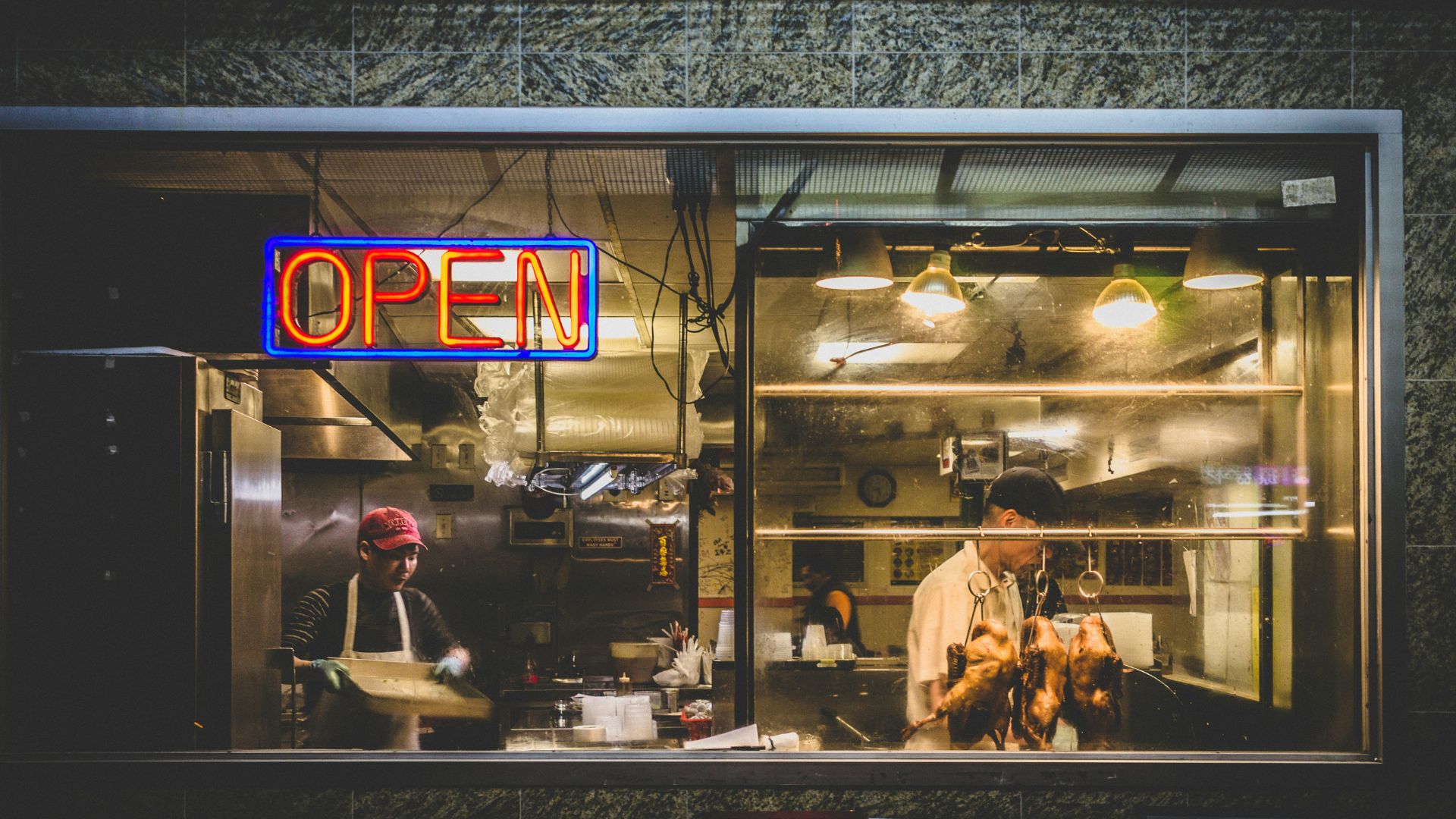
Executives for Rubio’s say the decision was made because the company could not keep up with the $20 minimum wage increase, which California Governor Gavin Newsom mandated in April.
UCLA economist Brian Wheaton commented on the matter. He said that this type of company is vulnerable to increased costs of any kind. The company has also faced previous issues paying their debtors and allowing the business to run on fresh yet inexpensive food.
Rubio’s Previously Filed for Bankruptcy
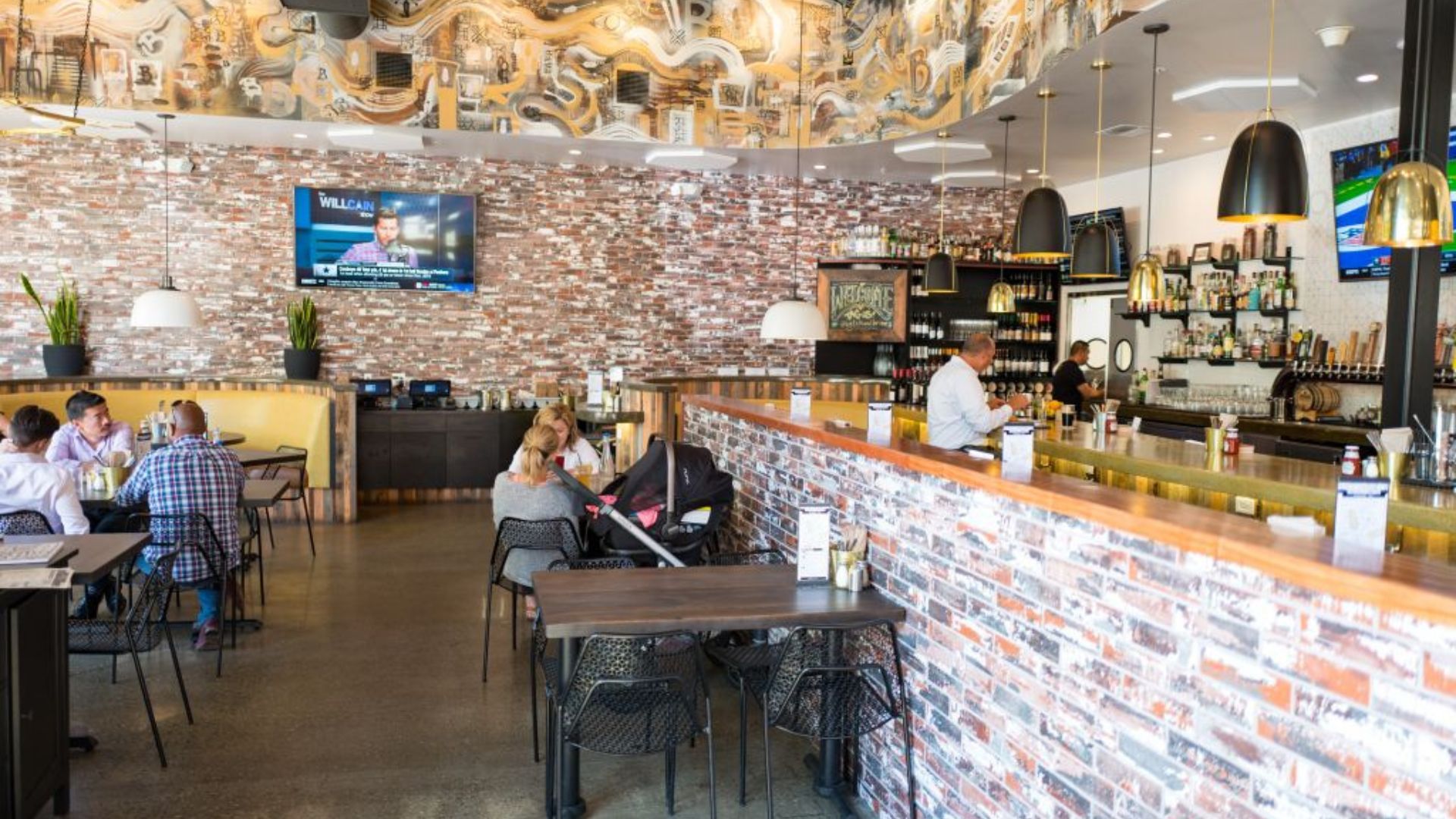
This isn’t the first time Rubio’s has run into financial trouble.
In 2020, the company filed for Chapter 11 Bankruptcy. It could continue operations for the time being after a complete restructuring of the company. Since the first financial issues arose, the company has been slowly closing locations.
Increase Costs Spell Disaster for Businesses

Wheaton is concerned that the rising cost of business will cause more restaurants to close their doors.
Due to the small profits that restaurants make after paying for operations, “Those business that are … not doing very well, near the shutdown margin, this increase in costs when they try to pass it on their consumers, … it may be the thing that pushes them over the edge into a situation where they go out of business,” Wheaton said. ” I think that’s the sort of thing we’re seeing in the case of Rubio’s.”
Hundreds of Employees Likely Affected

Although it has not yet been announced how many workers will be laid off, most of the employees are not likely to be transferred to the remaining locations.
The alarming trend of allowing fast-food workers to lose their jobs seems to be one of the unintended consequences of the minimum wage increase.
Thousands of Employees Affected by Pay Rise
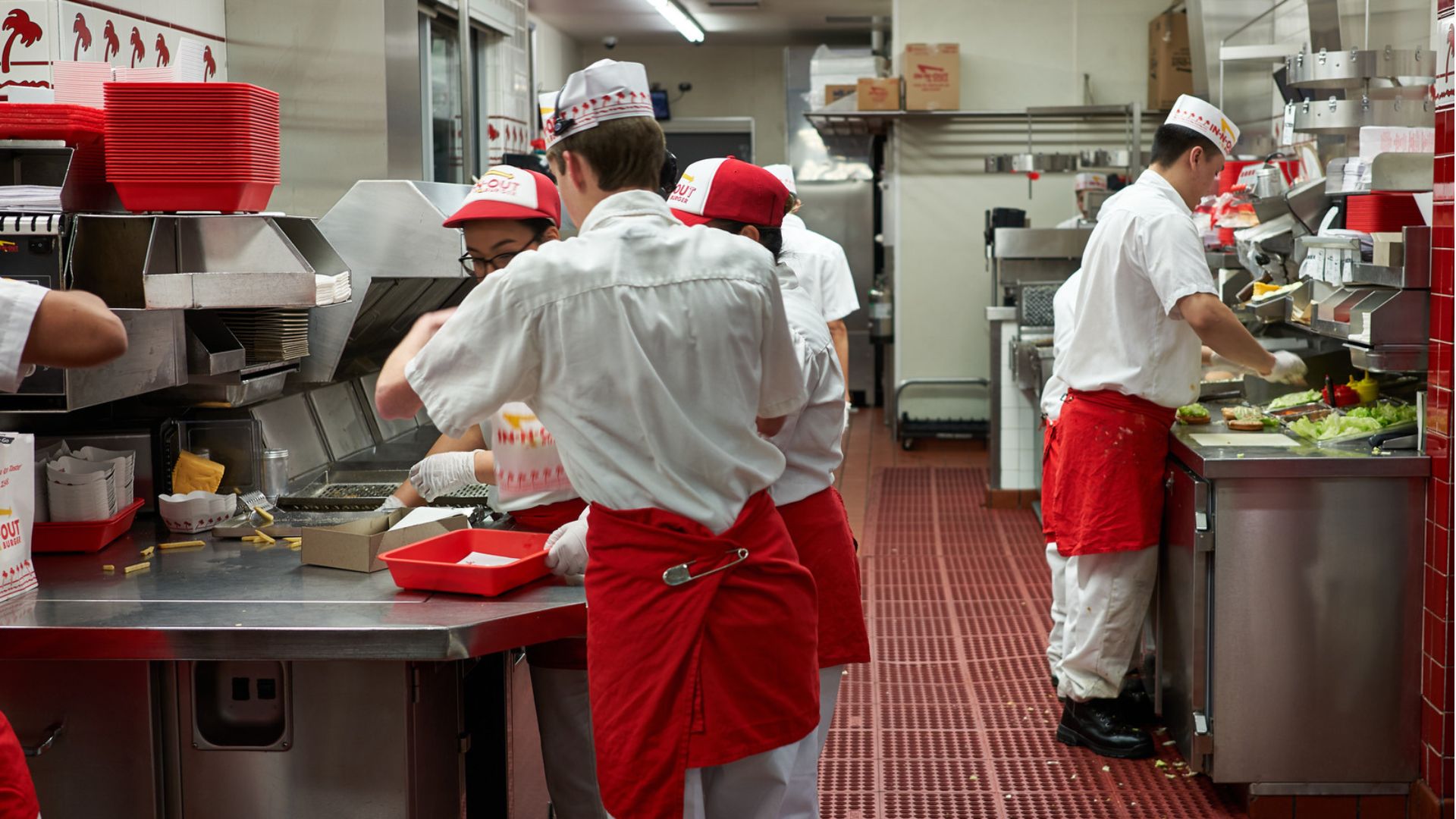
Now that the $20 minimum wage has caused issues in California, researchers are able to track the effects.
Wheaton notes that the ruling has caused around 10,000 fast-food employees to lose their jobs in the last nine months.
Higher Wages Mean More Unemployment
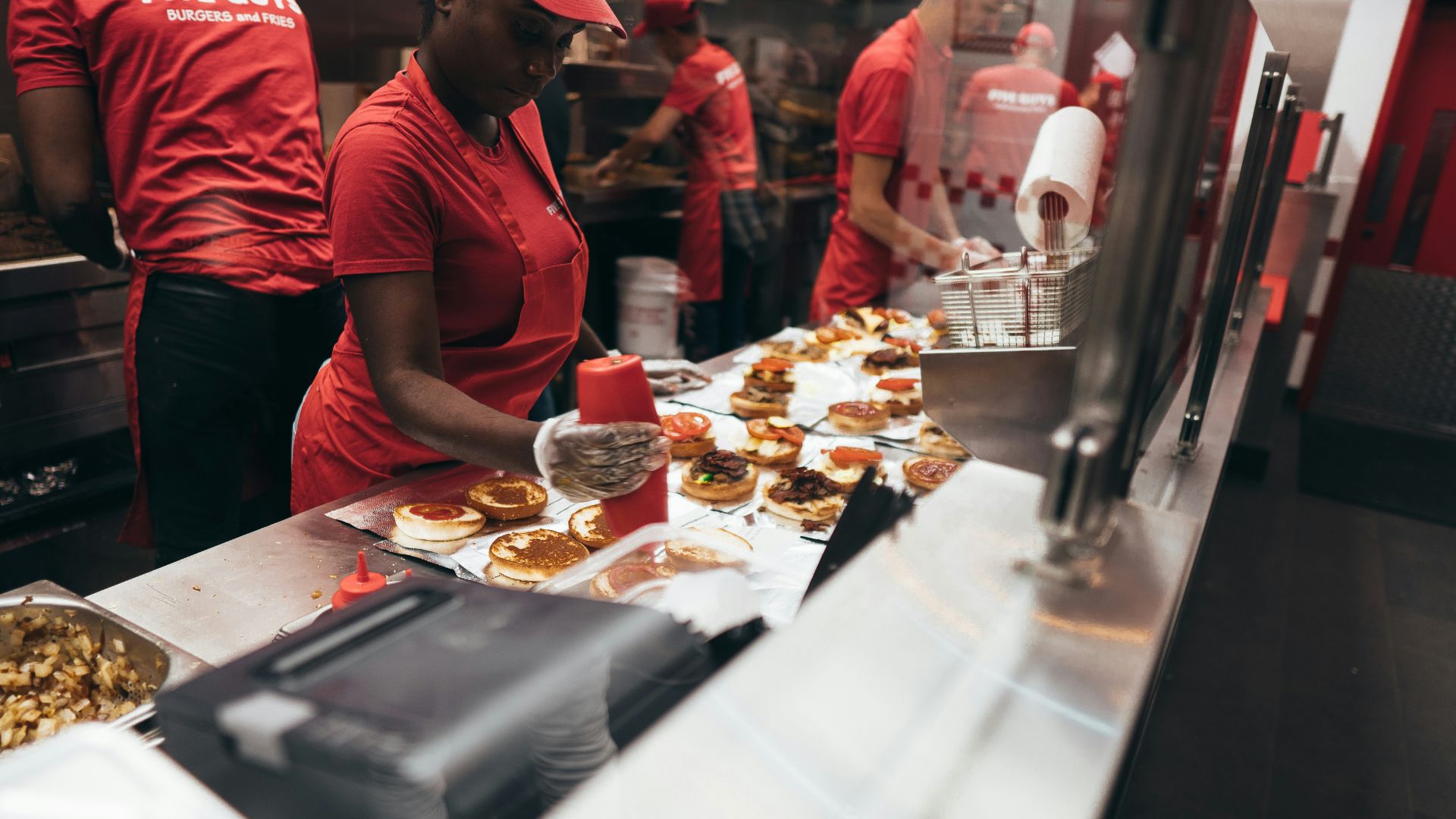
Experts in the state have been divided on the issue of the minimum wage increase. It was initially meant to offer better pay for employees who work in areas far away from their homes but was only meant to affect extremely large businesses.
However, Wheaton has a different perspective. “What the research tells us is that once you get up to higher minimum wages and large increases, for example, going from $16 to $20 in one jump, that’s when we tend to see pretty large or larger disemployment effects,” he said.
Many Locations Will Remain Open in California
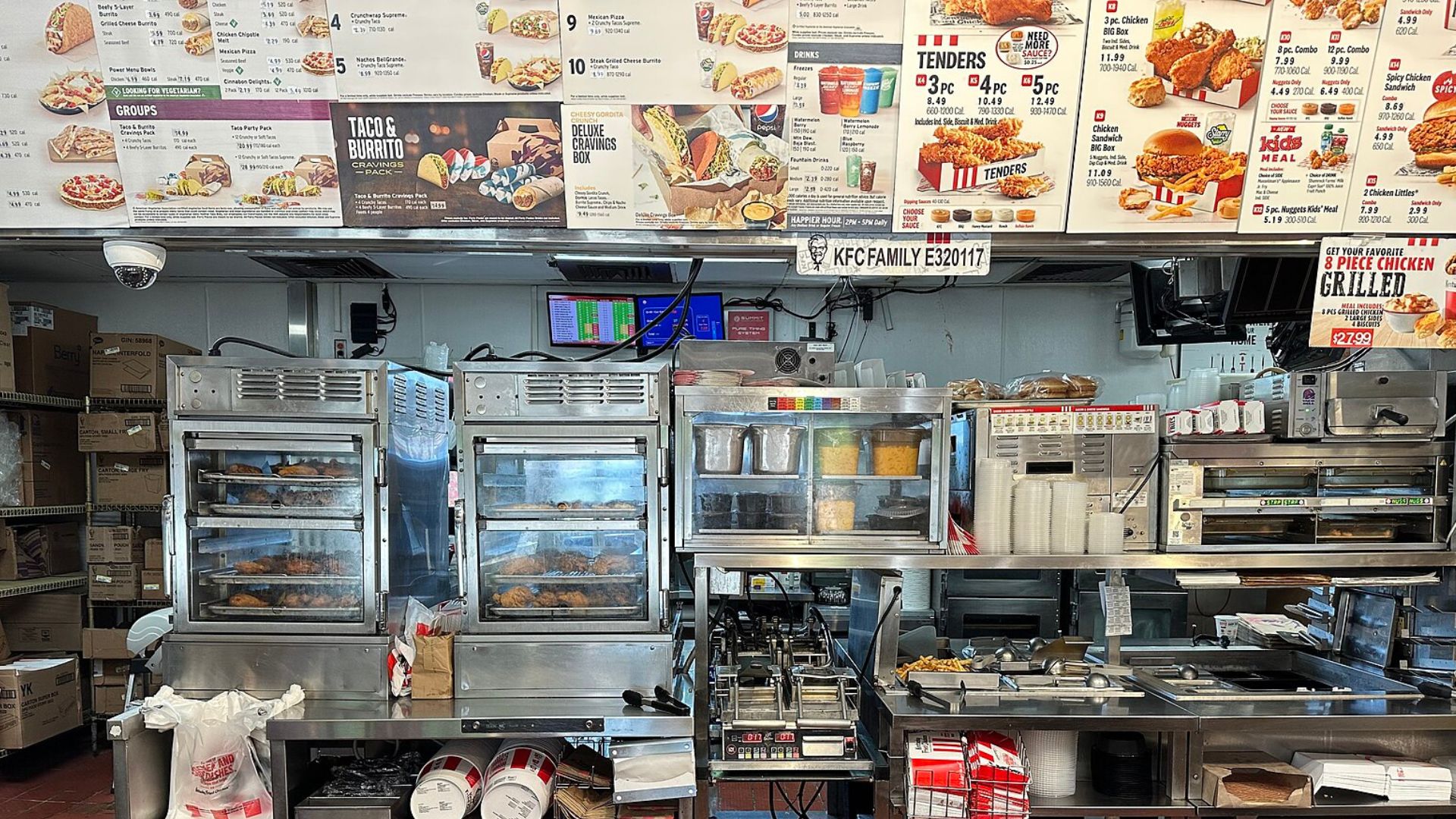
Despite closing 48 locations in California, Rubio’s will still operate 86 restaurants in the state.
Despite the financial troubles, Rubio’s should be able to pull through after selling valuable land and equipment.
Prices Have Raised in the State Due to Minimum Wage Increases
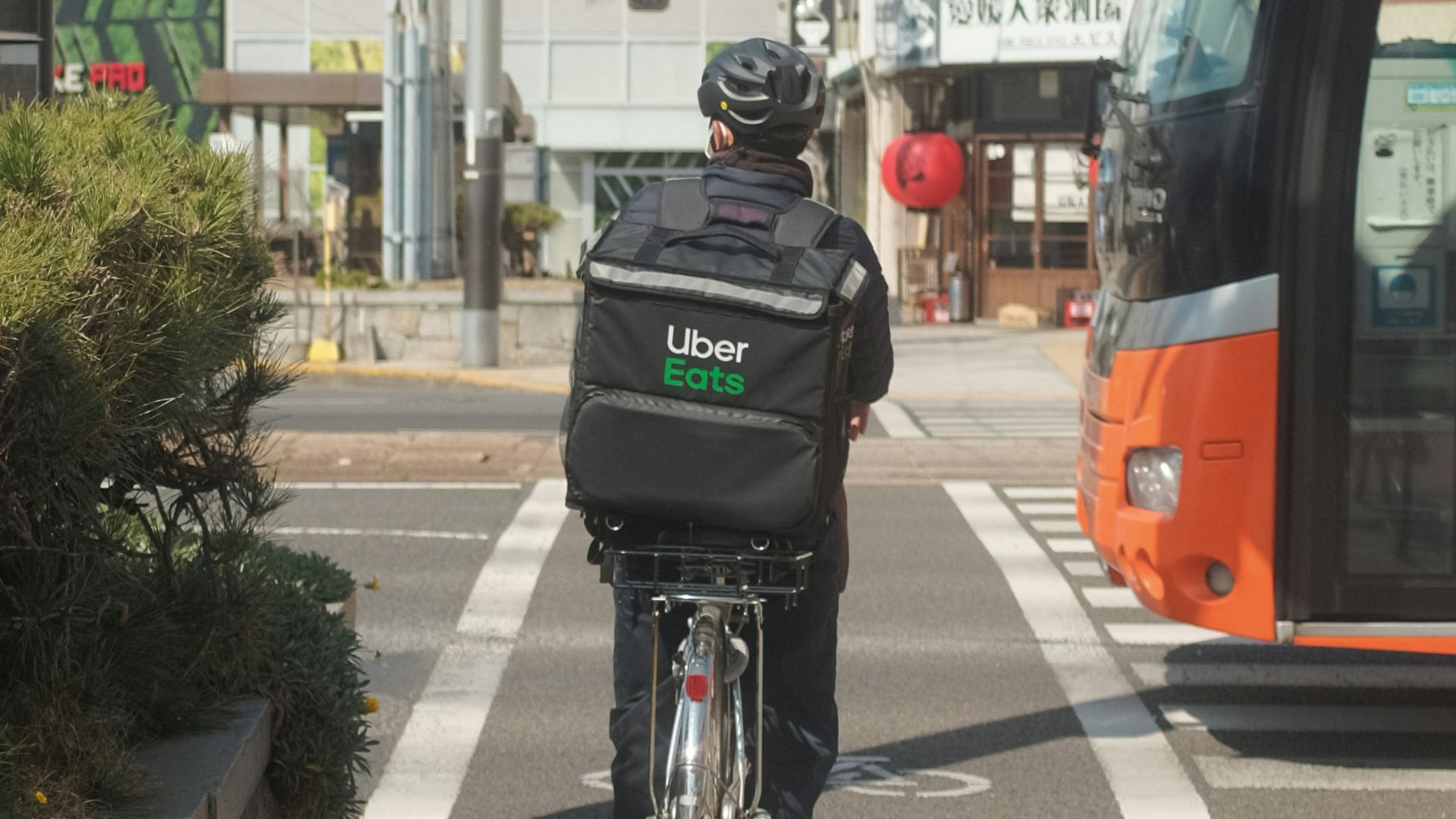
A similar issue occurred with Taco Bell when the minimum wage increase occurred.
Instead of reducing the number of restaurants or cutting existing employees’ hours, the chain decided to raise the prices in the state to reflect the new cost of doing business.
Other Cities Have Lowered the Minimum Wage After Facing Consequences
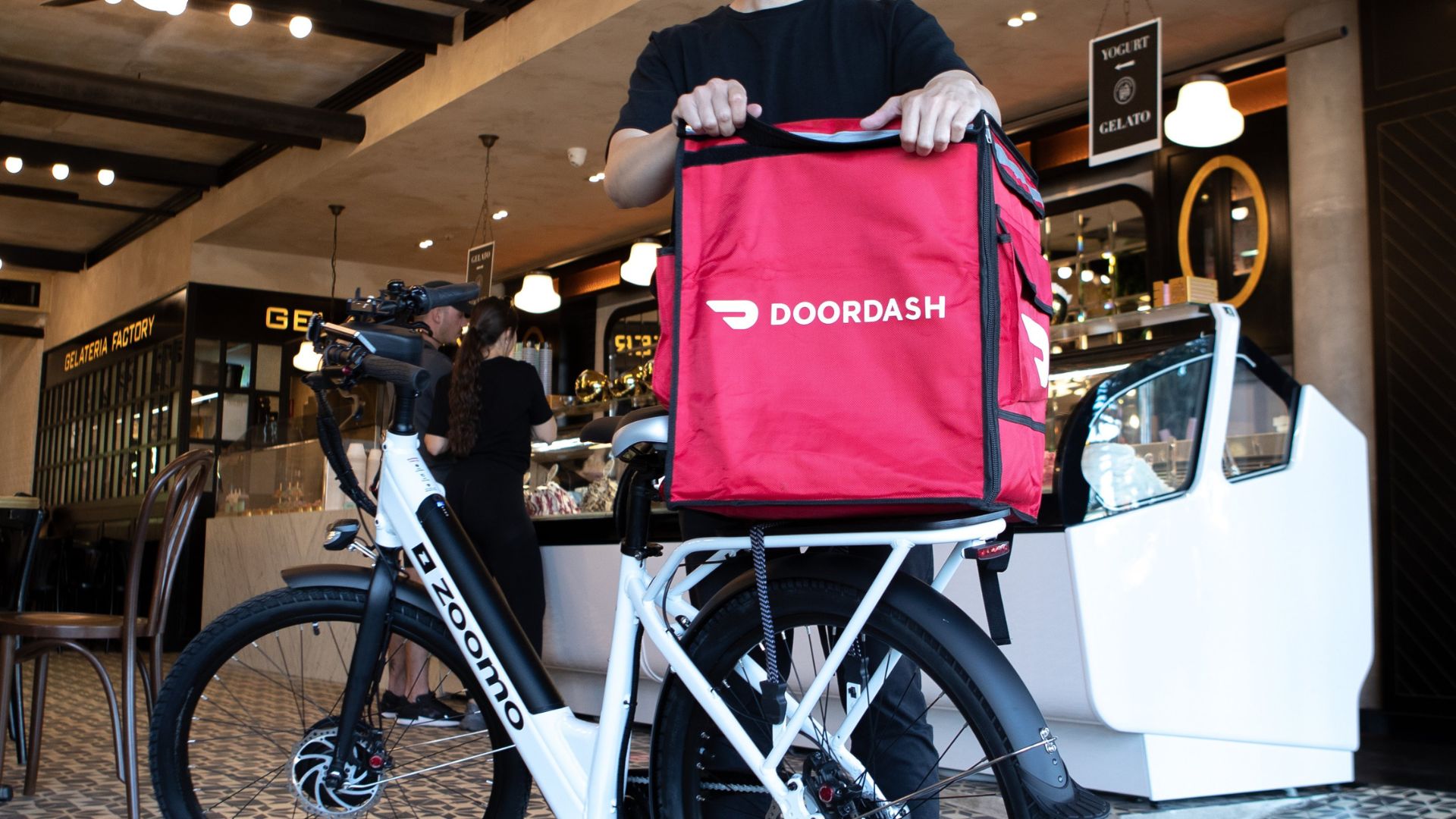
After Seattle raised the minimum wage for app-based delivery drivers to $26, the city decided to lower it again after drivers complained about a lack of work.
When the hourly wage of employees increased, big companies like DoorDash passed on the increase to customers with more fees. In turn, customers reduced the amount of average orders and forced the delivery drivers to make less than they did before the increase.








































